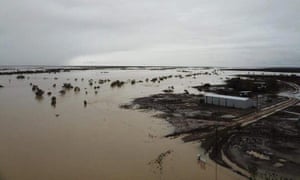
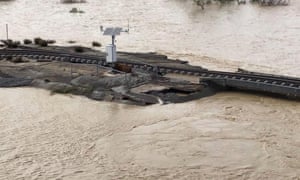




The ScaleAgData project is pleased to invite you to our second stakeholder event. Building on the discussions and connections formed during our first webinar, this event will focus on fostering collaboration among stakeholders, providing updates on our project’s progress, and outlining future opportunities for engagement.

Farmers in the haor areas of Sunamganj are gripped by anxiety as unfinished crop protection dams threaten to submerge their Boro fields amid fears of an early influx of water originating from the upstream Indian mountainous regions.

Although agricultural insurance policies have been piloted since 2011, the sector remains new and high risk, creating multiple challenges in implementation.

The Ministry of Economy of Ukraine is launching a large-scale program to support agricultural producers.

Rural communes near the city of Ksar el-Kebir, recently declared disaster zones by the government, are seeing an intensified effort by agricultural officials to assess crop losses caused by flooding and torrential rains.
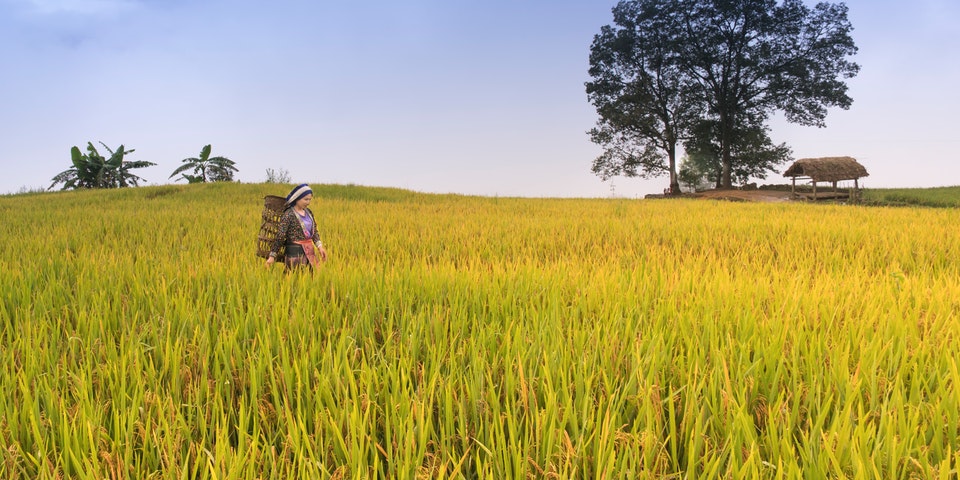
Thousands of agrarian reform beneficiaries (ARBs) in Iloilo are set to receive P7 million worth of fully subsidized crop and asset insurance as the Philippine Crop Insurance Corporation (PCIC) in Western Visayas and the Department of Agrarian Reform (DAR)-6 formalized a partnership aimed at fortifying farmers against climate shocks, natural disasters, and market uncertainties.

A delegation from the Asian Development Bank (ADB), led by Country Director Ms. Emma Fan and including Mr. Salman Mian and Dr. Raja M. Ali Saleem, visited the SECP Head Office.
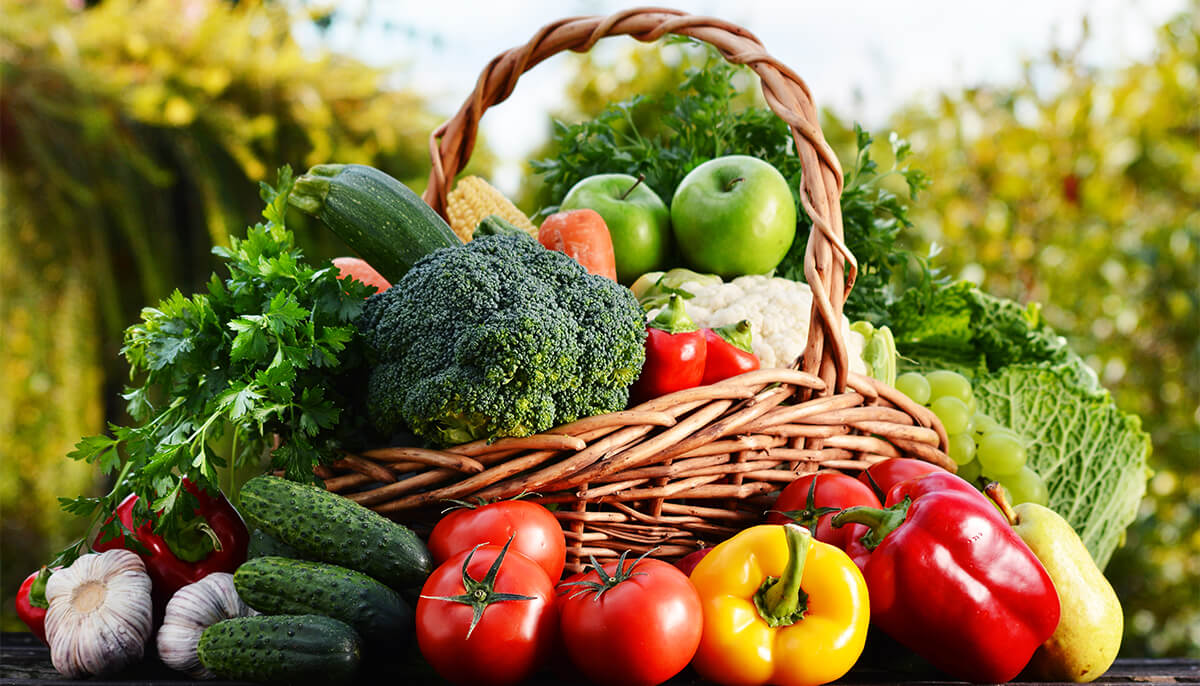
Last year, the agricultural production in Moldova recorded an increase of approximately 14%.
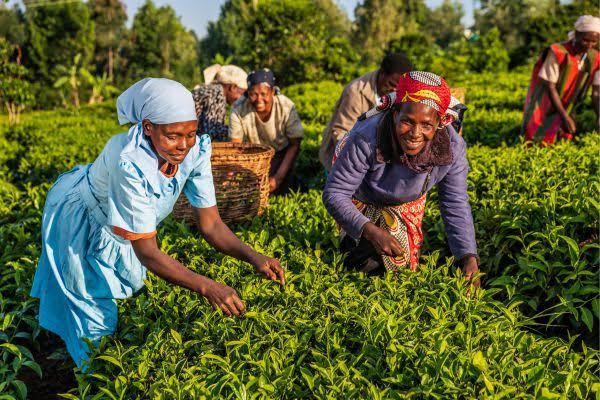
The Minister of State for Agriculture and Food Security, Sen. Dr. Aliyu Sabi Abdullahi, has urged the Federal Government to expand insurance coverage to more smallholder farmers across Nigeria.